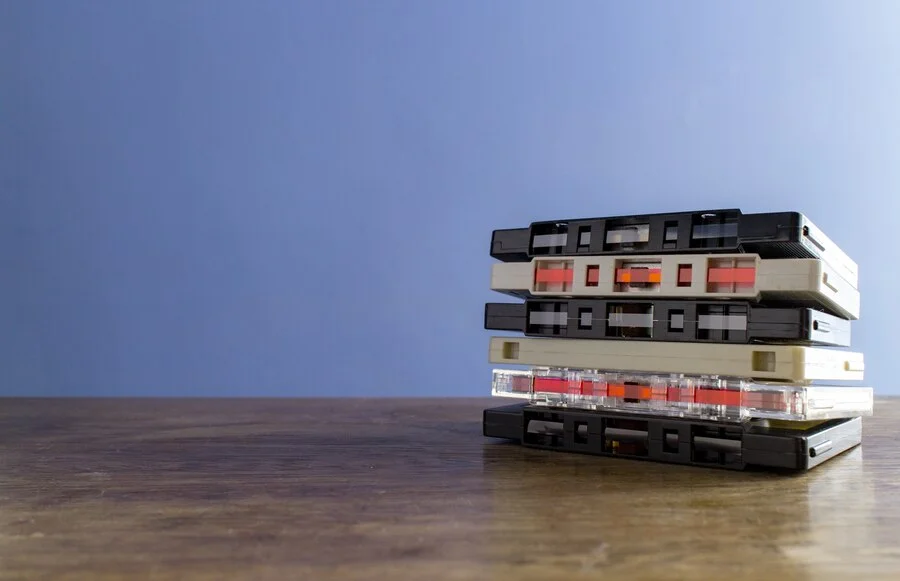Let’s face it, when most people think about tape storage backups, they imagine something from the technological Stone Age. Isn’t everything in the cloud now? Why would anyone stick with something as “old school” as tape? Surprisingly, tape backups are not only still in use, but they’re also thriving in many businesses. And there’s a good reason for it. Let’s break it down.
Why Tape Still Makes Business Sense
First off, let’s talk money. Running a business isn’t cheap, and storing data can get expensive fast. Tape backups are incredibly cost-effective. In fact, when you compare the price per terabyte of tape storage to other options, tape often comes out way ahead. Plus, it doesn’t need power 24/7 like cloud storage or hard drives, which means lower energy bills. That’s not just good for your bottom line, it’s good for the planet.
Then there’s durability. Tape backups are built to last. While hard drives can fail and cloud storage comes with its own risks, tape can store data reliably for decades. It’s like a long-term savings account for your information.
How Tape Protects Your Data
Now, let’s talk about security. Ransomware and cyberattacks are everywhere these days. If your business gets hit, having an offline backup can be a lifesaver, literally. Since tapes aren’t connected to the internet, they can’t be hacked. Think of them as a security blanket for your most important data.
Plus, if you’re in an industry with strict compliance rules, tape backups can help you meet those requirements. They’re great for keeping records safe, secure, and accessible when regulations demand it.
What About the Cloud?
Sure, the cloud is shiny and new, and it’s incredibly useful. But here’s the thing: not all data belongs in the cloud. Storing “cold data” (stuff you don’t need access too often) in the cloud can rack up unnecessary costs. That’s where tape comes in. By combining the cloud for frequently accessed files with tape for long-term storage, businesses can save money without sacrificing efficiency.
In fact, if you’re wondering, are tape backups still used? The answer is a resounding yes. Many businesses are combining cloud and tape solutions to create a hybrid strategy that balances cost, security, and scalability.
Real-Life Examples of Tape in Action
Think tape storage is just for tech dinosaurs? Think again. Industries like healthcare, government, and media production still rely on tape to store massive amounts of data. Why? Because it works. Whether it’s securing sensitive patient records, archiving government files, or keeping raw video footage safe, tape has proven itself time and time again.
Overcoming Tape’s “Old School” Reputation
Let’s address the elephant in the room: yes, tape has been around forever, but that’s not a bad thing. It’s not the same tech from 20 years ago, either. Modern tape systems are faster, more efficient, and hold way more data than you’d think. Plus, they’ve kept up with the times, integrating seamlessly with today’s IT systems.
Looking Ahead: Why Tape Isn’t Going Anywhere
So, what’s the future of tape? It’s brighter than you might expect. As data needs continue to grow, tape is evolving to meet the challenge. New advancements make it an even more compelling option for businesses that need secure, cost-effective, long-term storage.
Is It Time to Reconsider Tape for Your Business?
Here’s the big question: does tape deserve a place in your data strategy? For many businesses, the answer is a resounding yes. It’s secure, cost-effective, and reliable – everything you want when safeguarding your most valuable asset: your data.
If you’ve written off tape backups as a thing of the past, it might be time to think again. After all, sometimes the best solutions are the ones that have stood the test of time.







